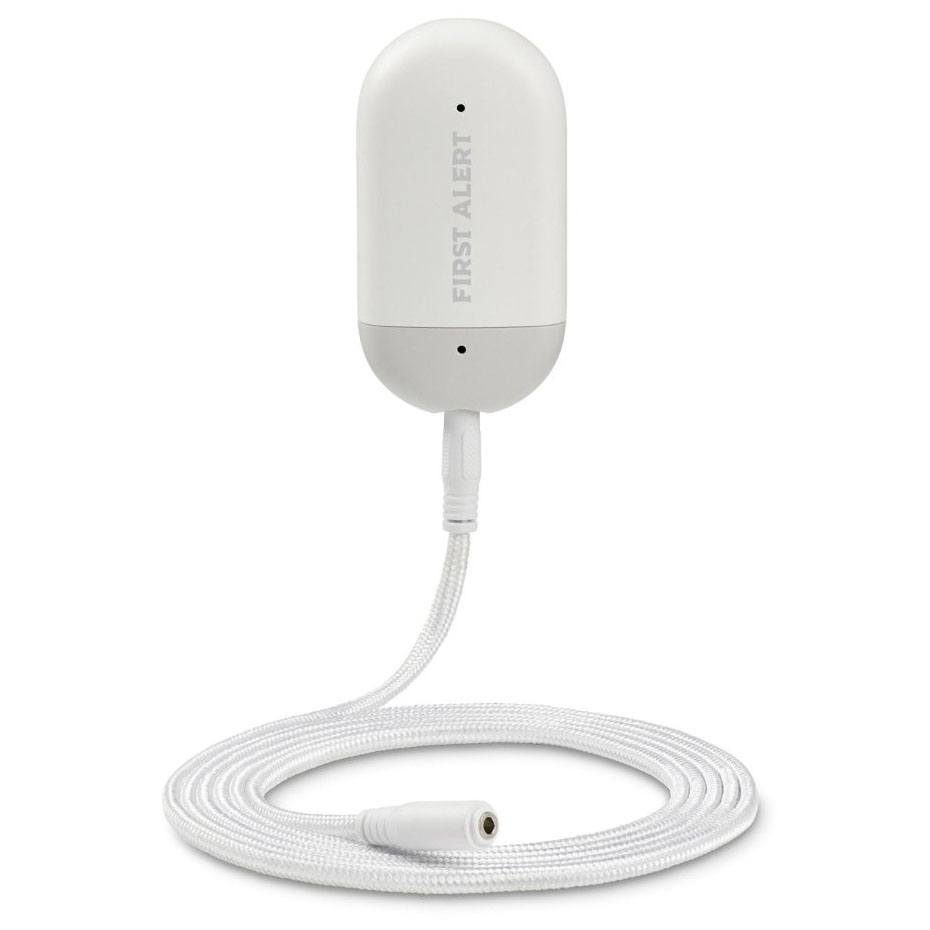Water leaks are a common problem in homes and buildings. They waste water and cause expensive damage. Early detection of leaks can save money and protect property.
Smart sensors help detect leaks quickly. They use advanced technology to find leaks before they grow. In this article, we will explore their role in detecting water leaks early.
What Are Smart Sensors?
Smart sensors are small devices. They measure things like temperature, moisture, and pressure. They can send data to phones or computers.
These sensors are smart because they respond to changes. They can detect unusual conditions, like a water leak. They alert users when a problem occurs.
How Do Water Leaks Start?
Water leaks can start from many sources. A broken pipe is one common cause. Old plumbing can crack and leak water.
Sometimes, leaks happen due to appliances. Washing machines, dishwashers, and water heaters can fail. They may release water onto floors or walls.
Leaks can also come from roofs. Heavy rain or damaged roof tiles allow water to enter homes. Left unchecked, leaks cause mold, rot, and other damage.
Why Detect Leaks Early?
Early detection is very important. A small leak can turn into a big problem. If leaks are left alone, they can ruin floors, walls, and furniture.
Leaks can also increase water bills. Water escaping from pipes is wasted. Fixing leaks early prevents money loss.
Early detection also protects health. Wet areas in homes encourage mold growth. Mold can harm lungs and cause allergies.
How Do Smart Sensors Detect Leaks?
Smart sensors use different methods to find leaks. Some measure moisture levels. If moisture increases, the sensor sends an alert.
Other sensors measure water pressure. A sudden drop in pressure may mean a leak. These sensors notify users quickly.
Some advanced sensors listen for sounds. Water leaking from pipes makes specific noises. Sensors detect these sounds and warn users.

Credit: www.nytimes.com
Benefits of Smart Sensors
Smart sensors offer many benefits. They help homeowners and businesses save water. By detecting leaks early, sensors reduce waste.
These devices prevent expensive repairs. Fixing leaks early costs less than repairing big damage. Sensors protect floors, walls, and furniture.
Smart sensors also save time. They alert users right away when leaks occur. This allows quick action to stop leaks.
Another benefit is peace of mind. Users feel secure knowing their property is monitored. Sensors watch for leaks even when people are away.
Where Are Smart Sensors Installed?
Smart sensors are installed in areas prone to leaks. Bathrooms are a common location. Sensors monitor pipes, sinks, and toilets.
Kitchens also have smart sensors. They are placed near dishwashers, refrigerators, and under sinks. These spots often experience leaks.
Basements and laundry rooms are other common places. Water heaters and washing machines can leak water. Sensors keep these areas safe.
Some sensors are installed outdoors. They monitor irrigation systems or outdoor pipes. This helps prevent water waste outside homes.
Choosing the Right Sensor
Different sensors are made for different needs. Moisture sensors are good for detecting damp areas. Pressure sensors work well for plumbing systems.
Sound sensors are ideal for noisy leaks. These sensors detect sounds of water escaping. Choose a sensor based on your home’s needs.
Some sensors connect to apps. They send alerts to phones or tablets. This makes monitoring easy, even when you’re not home.
Challenges of Using Smart Sensors
Smart sensors are helpful, but they have challenges. They need a power source, like batteries. If batteries die, the sensors stop working.
Sensors can also give false alerts. Changes in moisture or pressure may not always mean leaks. Users must check alerts carefully.
Installing sensors can be tricky. Some areas are hard to reach, like hidden pipes. Professional help may be needed for installation.

Credit: www.firstalertstore.com
Future of Smart Sensors
Smart sensors are becoming more advanced. New models are smaller and more accurate. They can detect leaks faster than older versions.
Some sensors now use artificial intelligence. AI helps sensors learn from data. This improves their ability to find leaks.
In the future, sensors may become more affordable. More people will be able to use them. This can help save water and reduce damage worldwide.
Frequently Asked Questions
What Are Smart Sensors For Water Leak Detection?
Smart sensors are devices that detect water leaks and send alerts automatically. They use advanced technology for real-time monitoring.
How Do Smart Sensors Detect Water Leaks?
Smart sensors identify changes in moisture, pressure, or flow. They alert users when unusual activity is detected.
Why Are Early Water Leak Detections Important?
Early detection prevents water damage, mold growth, and high repair costs. It also conserves water and reduces waste.
Can Smart Sensors Work In All Types Of Buildings?
Yes, smart sensors can be installed in homes, offices, and industrial buildings. They adapt to different environments.

